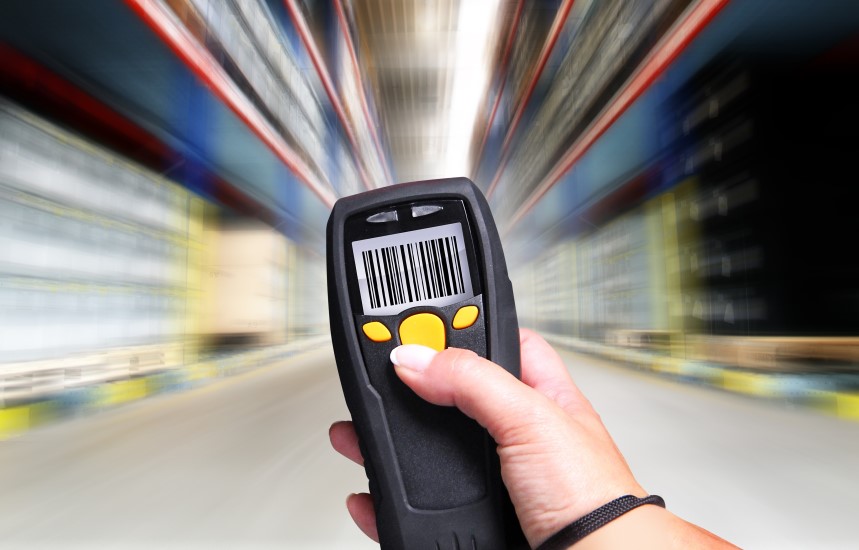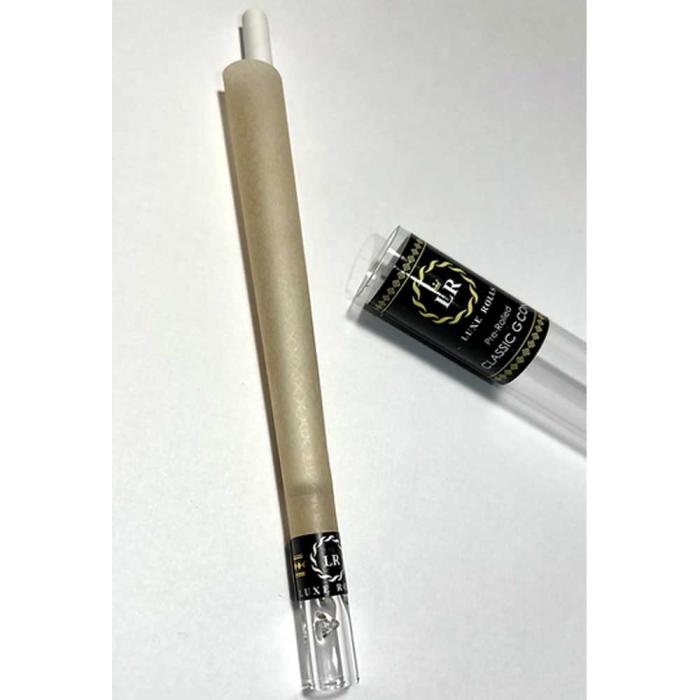Revolutionizing Barcode Technology: A Closer Look at Cutting-Edge Manufacturing

In the fast-paced world of manufacturing and logistics,
efficiency is paramount. The ability to accurately track products from assembly
line to consumer's hands can make or break a business. That's where barcode
technology comes in, and with advancements in manufacturing, particularly in barcode printers, the landscape is rapidly
evolving.
The Role of Barcode Printers in Modern Manufacturing
Barcode printers play a pivotal role in the modern
manufacturing process. These devices are responsible for producing the labels
that contain the barcode information. From product identification to inventory
management, barcode printers ensure that every item is accurately labeled for
tracking purposes. With the demand for greater speed and accuracy in barcode
printing, manufacturers have been investing heavily in developing cutting-edge
printer technologies.
Advancements in Barcode Printer Technology
Recent advancements in barcode printer technology have
significantly enhanced their capabilities. Traditional thermal barcode printers
have been augmented with features such as higher resolution printing, faster
printing speeds, and increased durability. These improvements translate to more
efficient operations on the factory floor, where every second counts.
Integration with Industry 4.0
Barcode printers are also playing a crucial role in the
implementation of Industry 4.0 principles. These principles focus on
automation, data exchange, and smart manufacturing. Modern barcode printers are
equipped with connectivity options, allowing them to seamlessly integrate with
other smart devices and systems on the production line. This integration
enables real-time tracking and data analysis, empowering manufacturers to make
informed decisions and optimize their processes for maximum efficiency.
Customization and Flexibility
Another key trend in barcode printer technology is the
emphasis on customization and flexibility. Manufacturers often have unique
labeling requirements based on the nature of their products and operations.
Modern barcode printers offer a wide range of options for label size, material,
and printing format. Some printers even support on-demand printing, allowing
manufacturers to create labels as needed, reducing waste and improving workflow
efficiency.
Enhanced Durability and Reliability
Durability and reliability are essential qualities for any
manufacturing equipment, and barcode printers are no exception. Manufacturers
are continually refining the design and construction of barcode printers to
withstand harsh industrial environments. This includes features such as
ruggedized casings, enhanced dust and moisture resistance, and improved print
head longevity. These advancements ensure that barcode printers can operate
reliably even in the most demanding conditions.
The Future of Barcode Printing
As technology continues to evolve, the future of barcode
printing looks promising. Emerging technologies such as RFID (Radio Frequency
Identification) and NFC (Near Field Communication) are complementing
traditional barcode systems, offering new possibilities for tracking and data
management. Additionally, advancements in materials science are leading to the
development of innovative label materials that can withstand extreme
temperatures, chemicals, and other challenging conditions.
In conclusion, barcode printers are at the forefront of
revolutionizing manufacturing and logistics operations. With advancements in
technology driving improvements in speed, accuracy, and flexibility, barcode
printers are enabling manufacturers to achieve new levels of efficiency and
productivity. As the industry continues to innovate, we can expect barcode
technology to play an even more significant role in shaping the future of
manufacturing.










Comments